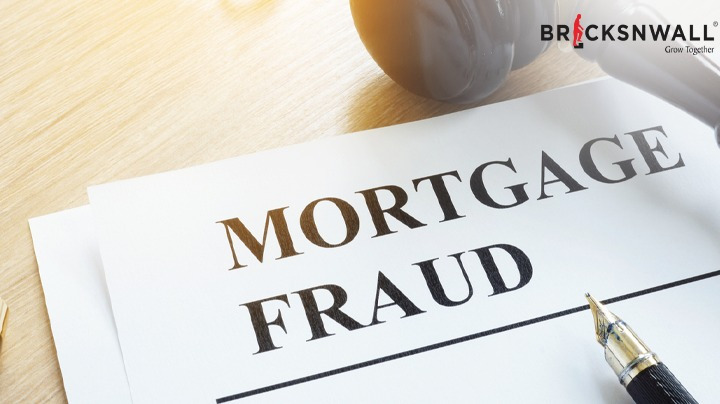How To Avoid Mortgage Fraud?
Koheli

You work hard, save money, and finally buy a home. But before you can call it your own, you must ensure you're not getting scammed.
Mortgage fraud is a serious crime that can cost you your home, your money—and even time in prison. Read on for tips from experts on how to avoid mortgage fraud.
What Is Mortgage Fraud?
Mortgage fraud is a type of white-collar crime involving misrepresenting information on a mortgage application to get a loan or a better interest rate. It can involve inflating your income, falsifying your job history, or lying about the value of the property you're buying.
Fraudulent lenders may also be involved, either by lending you money without verifying your information or by inflating the property's value. This can lead to foreclosure if you can't repay the loan. Mortgage fraud is a serious crime that can lead to significant losses for homeowners. That's why it's important to be aware of the signs of mortgage fraud and to take steps to protect yourself from becoming a victim.
Signs of a Mortgage Fraud Scam
Mortgage fraud is a crime; unfortunately, it's becoming increasingly common. That's why it's important to know the signs of a mortgage fraud scam.
· Someone asking you to lie on your mortgage application
· Unsolicited offers for a "quick and easy" mortgage deal
· A lender who asks for payment in advance of providing the loan
· Pressure to sign paperwork without enough time to review it carefully
· A lender who refuses to provide written documentation of the loan terms
Few points to keep in mind with regards to mortgage fraud
Mortgage fraud is a severe offence and that can cost you a lot of money if you're not careful.
· Being pressured into signing documents before you've had a chance to review them fully
· Being offered a too-good-to-be-true deal
· Unusual or too-large down payments
· People asking for your personal banking information
If you see any of these red flags, you must stop what you're doing and get in touch with your lender or an attorney. Don't let yourself be taken advantage of—there are always safe and legal ways to buy a home.
Tips for Vetting Potential Lenders
As the consumer, it pays to do your due diligence in vetting potential lenders. After all, it's easy for scammers to pose as legitimate lenders, so you must be vigilant and not take any chances.
Here are some tips for assessing a potential lender:
- Research their reputation online by reading reviews or seeking referrals from people you trust.
- Ask them to provide proof of license and certification with the government and other lending institutions.
- Request referrals from previous clients and contact them directly to ask if they had any issues with the lender.
- Speak directly with someone who works at the lender's office instead of someone who is working remotely.
- Watch out for deceptive tactics such as high-pressure sales or promises too good to be true.
- Read all the fine print on contracts before signing anything, and make sure you understand what's included in your mortgage agreement.
How to Avoid Being Tricked by Scammers
It's important to be proactive about keeping your money safe. Here are a few tips for avoiding mortgage fraud:
- Stay alert and aware of potential scams. Be extra careful if you get an email from an unfamiliar sender, especially if it includes a link or attachment.
- Do your research. Take the time to research any company you're considering working with regarding mortgages and make sure they are licensed and have a good track record.
- Get everything in writing. If you're offered a loan with different terms than what was initially agreed upon, make sure that everything is laid out in writing before proceeding.
- Don't sign blank documents or documents with incomplete information. Read all the paperwork thoroughly to know exactly what you're signing up for – including any added fees or charges that weren't discussed beforehand.
- Ask questions. Don't be afraid to ask questions about anything that isn't clear to you - after all, and this is one of the biggest financial decisions you'll make!




